
Micronesia: A diverse region with diverse LGBTI laws
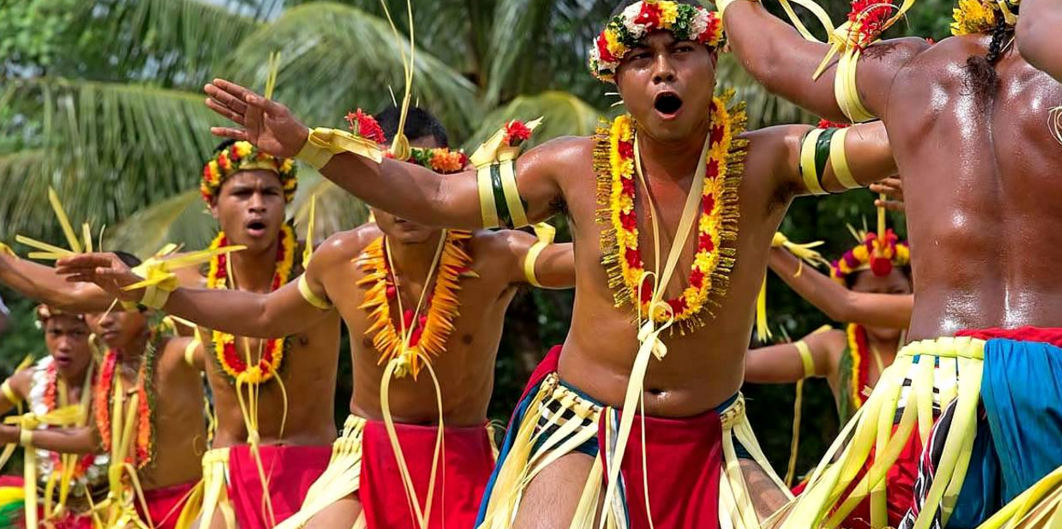
MICRONESIA is a geographic region in the Pacific Ocean made up of a series of small independent island states, including the Federated States of Micronesia, Kiribati, Marshall Islands, Nauru and Palau, as well as two external US territories: Guam and the Northern Mariana Islands.
Despite its geographical proximity to Australia, the Micronesian region tends to remain well off the radar when it comes to discussions of LGBTI rights within Asia-Pacific and globally.
[showads ad=MREC] The different jurisdictions within Micronesia, which have a combined population of just over 500,000, have divergent records in protecting the rights of LGBTI people. At one end of the spectrum, the legislature of the US territory of Guam passed a bill in August 2015 that recognises marriage equality and protects against employment discrimination on the basis of sexual orientation, gender identity and gender expression. The Northern Mariana Islands also recognises marriage equality following the US Supreme Court’s landmark decision in June 2015 which held that the US Constitution guarantees the right to marry for same-sex couples. The first same-sex marriage in the Northern Mariana Islands was performed in the capital, Saipan, on July 22.
At the other end of the spectrum, the Micronesian states of Nauru and Kiribati both retain prohibitions on same-sex sexual activity inherited from the British colonial period. In November 2015, Nauru had its second Universal Periodic Review (UPR) at the UN Human Rights Council, where it received several recommendations to repeal these laws. In response, the Nauruan delegation expressed its preparedness to hold a “national open consultation” on decriminalisation but has not yet expressly supported the relevant recommendations. Kiribati went through its most recent UPR in January 2015, where it similarly received recommendations to decriminalise same-sex relations. The government has chosen to simply “note” these recommendations rather than endorsing them or committing to take steps towards their implementation.
The other independent republics of Micronesia — the Federated States of Micronesia, Marshall Islands and Palau — no longer maintain any criminal prohibitions on same-sex relations, with Palau being the latest to decriminalise in July 2014. Moreover, all three states have signed the March 2011 Joint Statement on Ending Acts of Violence and Related Human Rights Violations Based on Sexual Orientation and Gender Identity, which is perhaps the most significant statement in favour of LGBTI rights at the UN level.
Nevertheless, neither the Federated States of Micronesia nor the Marshall Islands or Palau have any anti-discrimination laws that are inclusive of sexual orientation, gender identity or intersex status. This means LGBTI people are not protected from discrimination in employment, education, health care and other areas of public life, in violation of international human rights law. Moreover, these three jurisdictions do not provide any administrative or legal procedures allowing trans people to have their identified gender recognised in official documents.
Kaleidoscope Australia Human Rights Foundation recently submitted shadow reports to the UN Human Rights Council highlighting the absence of anti-discrimination laws and a range of other LGBTI rights issues in the Federated States of Micronesia, the Marshall Islands and Palau. These shadow reports can then be used by UN member states to inform the recommendations they give to states under review within the UPR process.
While Palau’s UPR will only be in early 2016, the Marshall Islands and Federated States of Micronesia have both had their reviews this year. The Marshall Islands received two recommendations, from Germany and Israel, to prohibit discrimination on the basis of sexual orientation or gender identity. The government has not provided a specific response to these recommendations. Kaleidoscope’s shadow report for the Federated States of Micronesia featured prominently in the summary of stakeholder submissions to the UPR, resulting in recommendations from five countries across the world to introduce anti-discrimination laws on the basis of sexual orientation and gender identity (among other grounds). The Micronesian government has until March 2016 to respond to these recommendations and has not provided any indication of its stance so far.
The majority of jurisdictions within Micronesia fall into the “movable middle” of the global LGBTI rights spectrum. While they exhibit significant gaps in the protection of LGBTI rights, the Micronesian countries also provide potential for further engagement and reform.
The lack of LGBTI rights progress in these countries is often as much a result of a lack of capacity to engage in law reform as it is about active opposition to LGBTI rights. Regional peers such as Australia can therefore play an important role in ensuring LGBTI rights progress, whether through bilateral engagement or by providing assistance with law reform. For example, the Australian Attorney-General’s department has assisted the government of Nauru with producing a modernised Criminal Code that would (among other things) no longer criminalise same-sex relations. In a region where there is a distinct lack of visible local LGBTI activism, it is these forms of engagement that may provide the best hope for furthering the protection of LGBTI rights.
Raymond Roca is a Sydney-based lawyer and a director of Kaleidoscope Australia Human Rights Foundation, a non-profit organisation that seeks to promote and protect the rights of LGBTI people in the Asia-Pacific region.
Details: kaleidoscopeaustralia.com or follow on Twitter: @KaleidoscopeHRF
__________________________________
RELATED: GLIMMERS OF HOPE AMONG SRI LANKA’S POOR HUMAN RIGHTS RECORD
RELATED: NEPAL: SOUTH ASIA’S LGBTI RIGHTS PIONEER
RELATED: LGBTI CAMBODIA: A VIBRANT COMMUNITY WITH UNRECOGNISED RIGHTS
RELATED: TENTATIVE HOPE FOR LGBTI PEOPLE IN VIETNAM
RELATED: A NEW DAWN FOR LGBTI PEOPLE IN JAPAN
__________________________________
**This article was first published in the January edition of the Star Observer, which is available now. Click here to find out where you can grab a copy in Melbourne, Sydney, Brisbane, Adelaide, Canberra and select regional/coastal areas.
Read the January edition of the Star Observer in digital format:
[showads ad=FOOT]



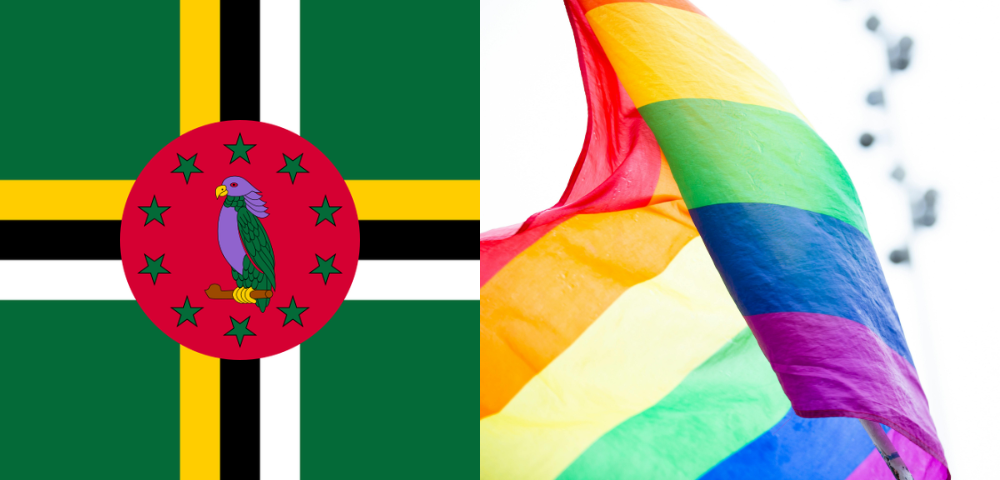

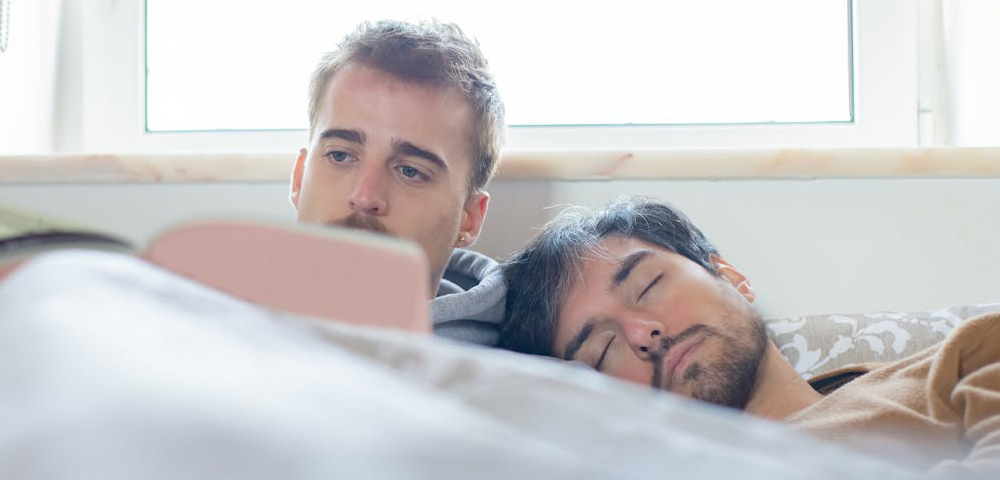
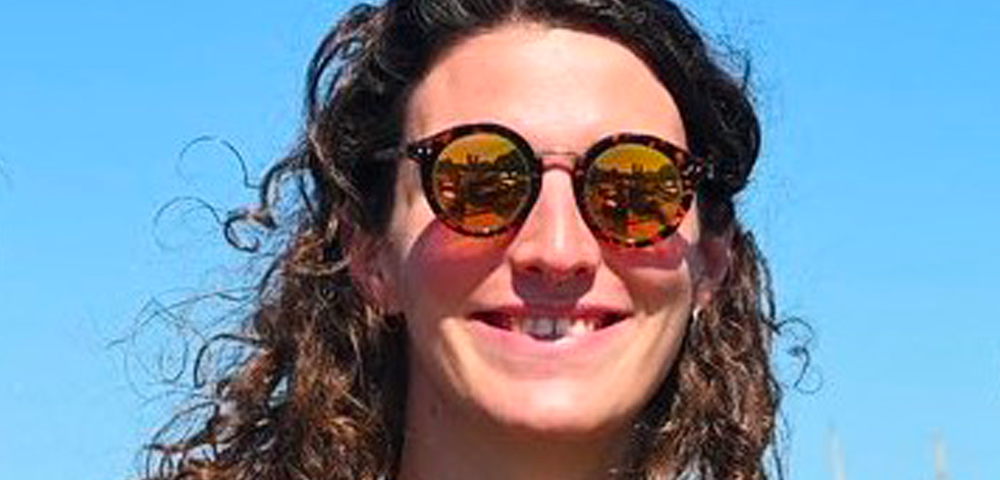

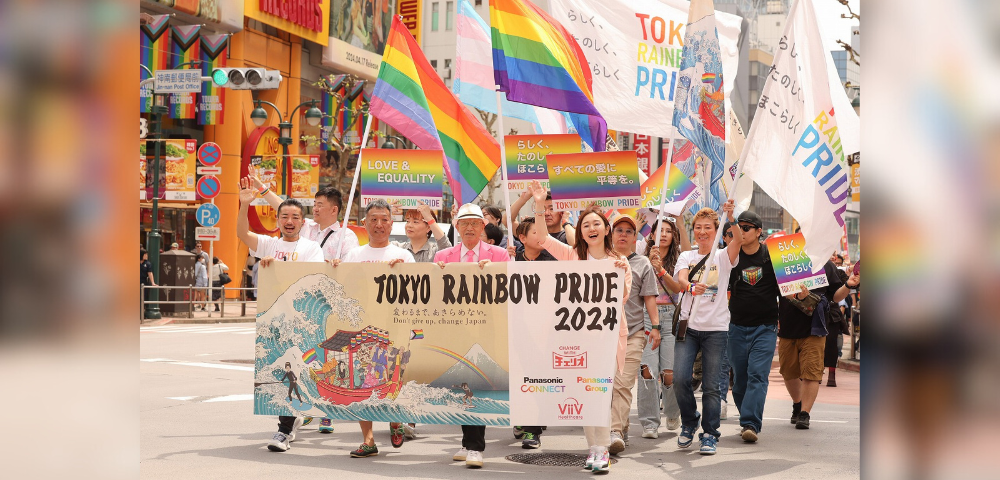
Send both Tony Abbott and Malcolm turdface Turnbull over there for the savages to eat them for dinner!